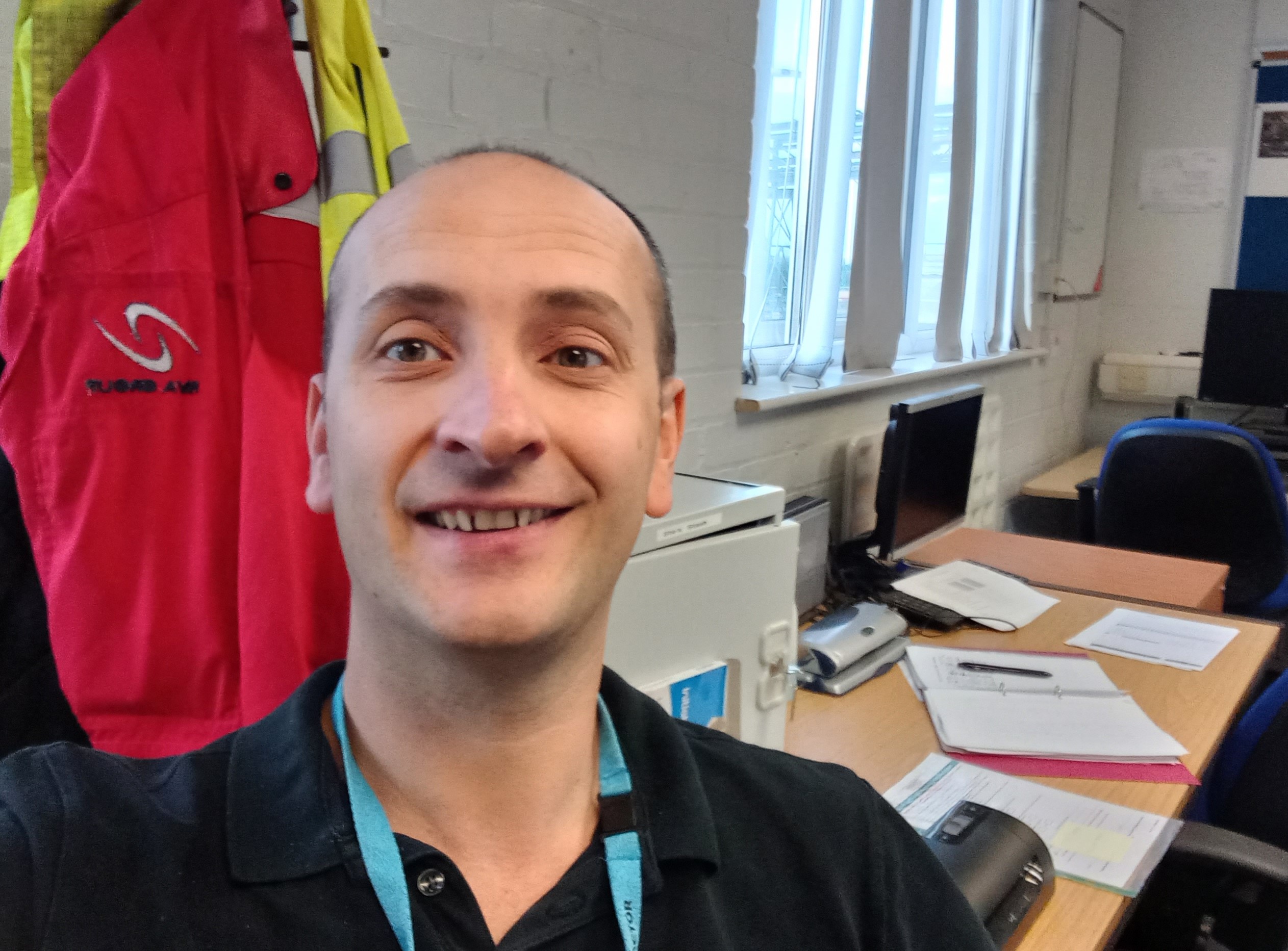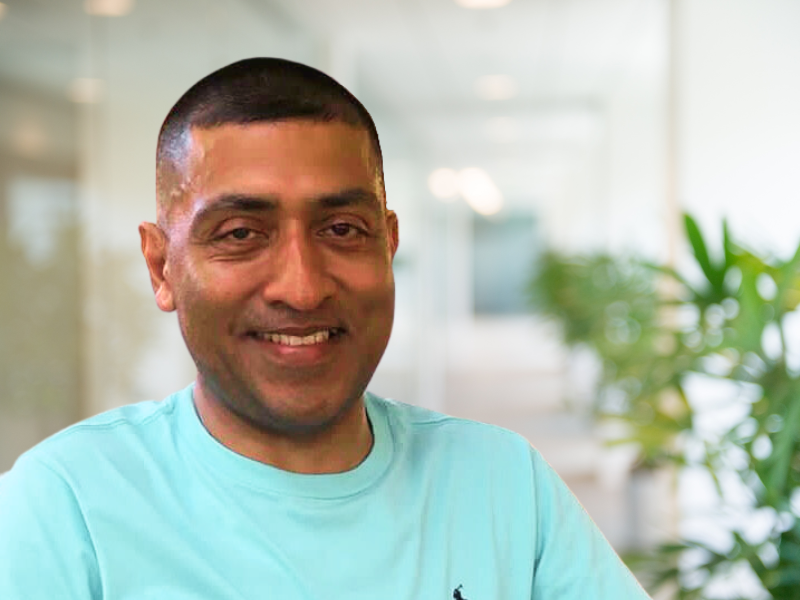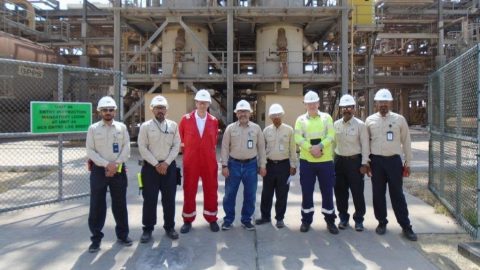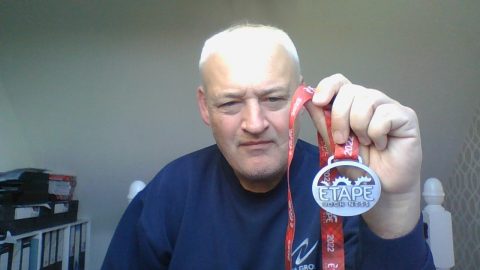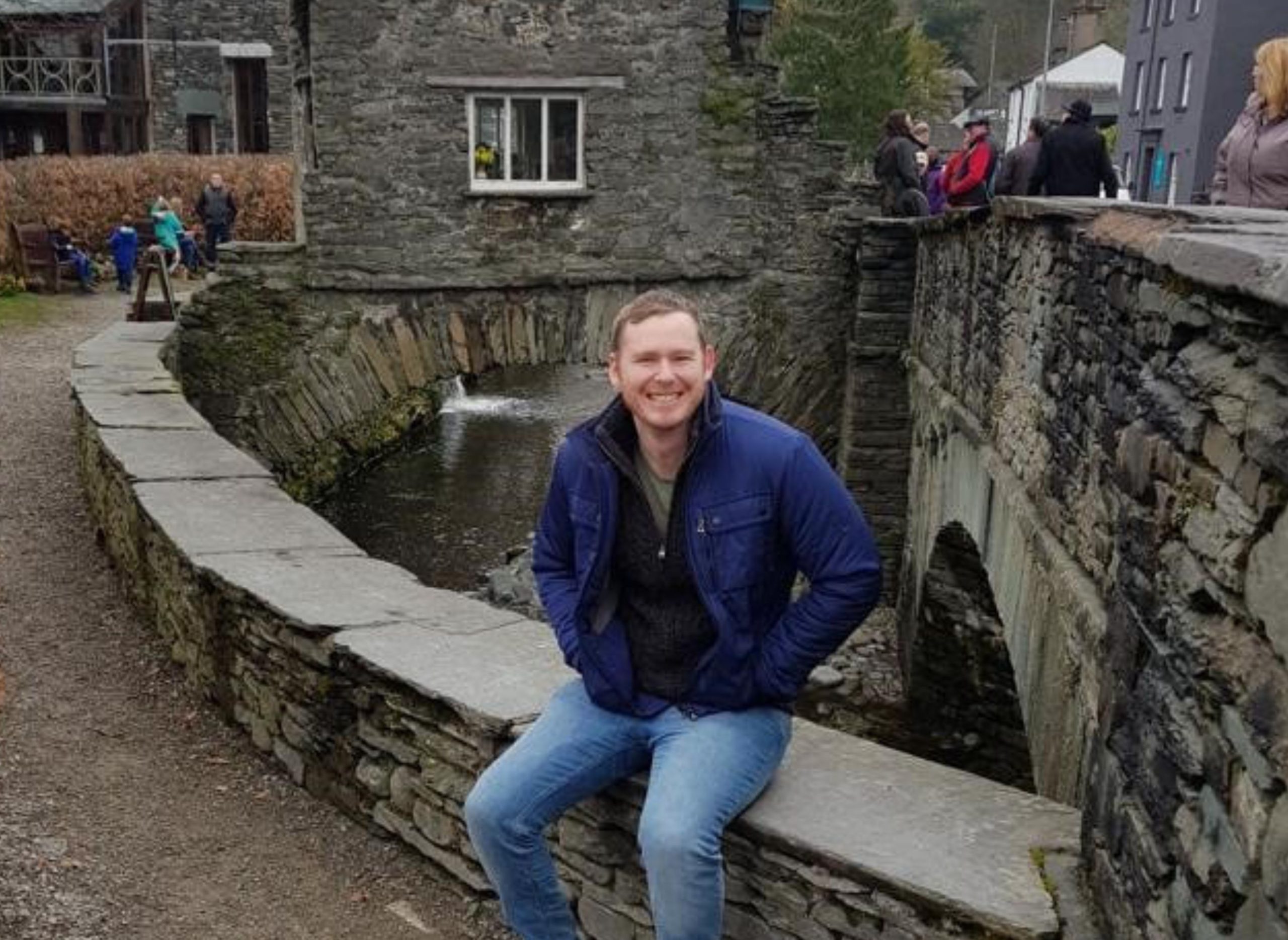This month, RVA Group’s managing director, Richard Vann, spoke with Demolition and Recycling International (D&RI) about what it takes for demolition professionals to be fulfilled within their role.
In case you missed the article, you can catch up below.
Richard Vann, Managing Director of RVA Group, discusses why jobs in the demolition industry are interesting and fulfilling.
I stumbled across an article the other day, purportedly summarising the typical habits of boring people. It was something that could easily make for a difficult read if the reader was experiencing something of an identity crisis, or a confidence dip.
But as I digested the points – no doubt little more than click bait – it struck me that maybe these so-called ‘boring people’ are simply bored because their job roles are unsatisfying, as the article described the absolute opposite of what it is to be a demolition professional. Certainly, the type of demolition professional I want to be.
Why effective communication is so important
Boring people have unbalanced conversations, the article said. They don’t include others in dialogue, and they don’t evaluate engagement.
But ours is a world built on foundations of solid communication. From truly listening to a client’s needs and unpicking the knowledge and learned experiences of a client’s personnel, to engaging wider stakeholders and keeping the local community informed, an effective project relies on multi-way conversations that don’t dry up.
Communication is everyone’s responsibility too – not solely the client’s, or contractor’s, or consultant’s. Robust methodologies require technical know-how, yes, but successful programmes of work draw upon empathy, transparency, and honesty.
I do think we have some work to do when it comes to the diversity of voices within the demolition profession though, so I hope for change here over the coming years – especially when it comes to fresh talent entering the industry.
Adapting to new challenges in business
Adaptability matters too in demolition. So, given boring people are considered to always do the same thing, I’d say our approach to innovation means we’ve little to worry about in this respect.
From plant manufacturers’ continuing development of equipment, to the evolution of services offered during difficult economic times, an ability to embrace change underpins resilience and long-term reputational success.
AI may be yet to make much of a mark in our world, but I’m interested to see where intelligent tools such as ChatGPT transform some of the more administrative tasks within the profession.
The benefits of sharing professional knowledge
The article went on to suggest that boring people don’t have anything new to say in conversations, they don’t have opinions or beliefs to share, and they don’t know how to tell a good story.
Drawing upon the communication points above, I don’t think these are descriptors you’d choose for a demolition professional. We have a wealth of knowledge to impart, in detail, for projects to be a success.
We must think critically, to ensure the safe, environmentally sound and cost-effective execution of projects, and given the complexity – and risks – associated with our work, our values and integrity matter as much as our experience.
And, apparently, boring people can’t make others laugh. Now, don’t get me wrong, ours is a serious business, not least because it is inherently hazardous. But we can and should enjoy ourselves.
Since the start of 2023 alone, members of our team have had the absolute pleasure of working alongside clients, partners, and prospective new peers in countries including Cyprus, Brazil, Dubai, Israel, Kenya, and the Kingdom of Saudi Arabia.
And you can’t fail to be energised by the opportunities that such collaborations bring. They keep our minds fresh. And while we will long be grateful and passionate about the UK market, the chance to export our expertise and showcase just how many skills this country has to offer, is an exciting prospect.
Thought leadership
The article went on to say that boring people don’t have anything new to add. But I’m certainly hard-wired to share information, encourage debate and push for progress. I think the same can be said for many of my peers.
We’re all different of course, and there are some people in our industry who are perhaps a little more stuck in old ways. But when I think back to where RVA started, at my kitchen table in North Yorkshire just over 30 years ago, life has changed so much. My role has changed so much. Demolition has changed so much. I’m not tired of it. It isn’t monotonous. Every assignment is different.
There’s been no time to become bored. And there’s so much more to embrace, if we remain open to it.










